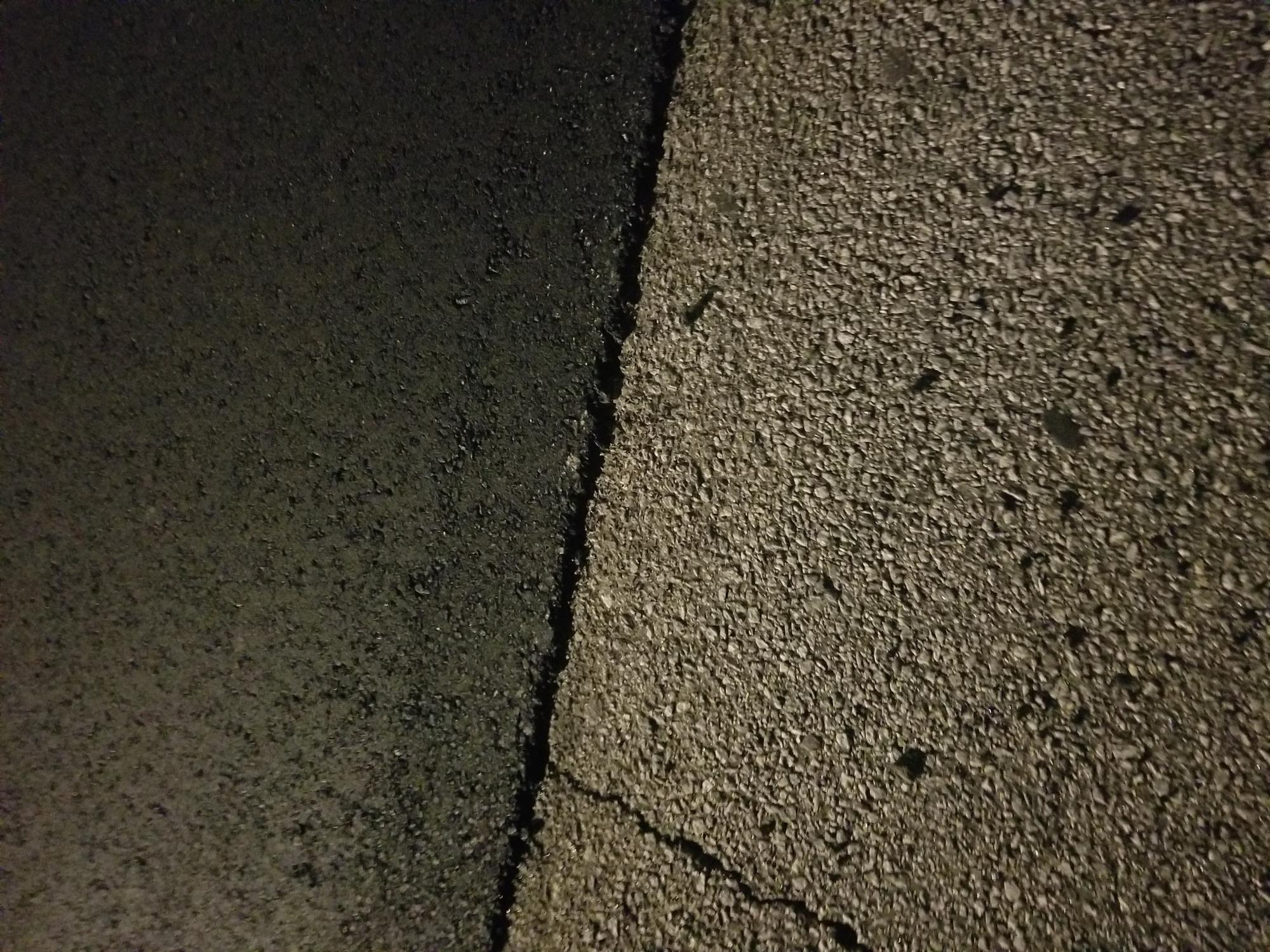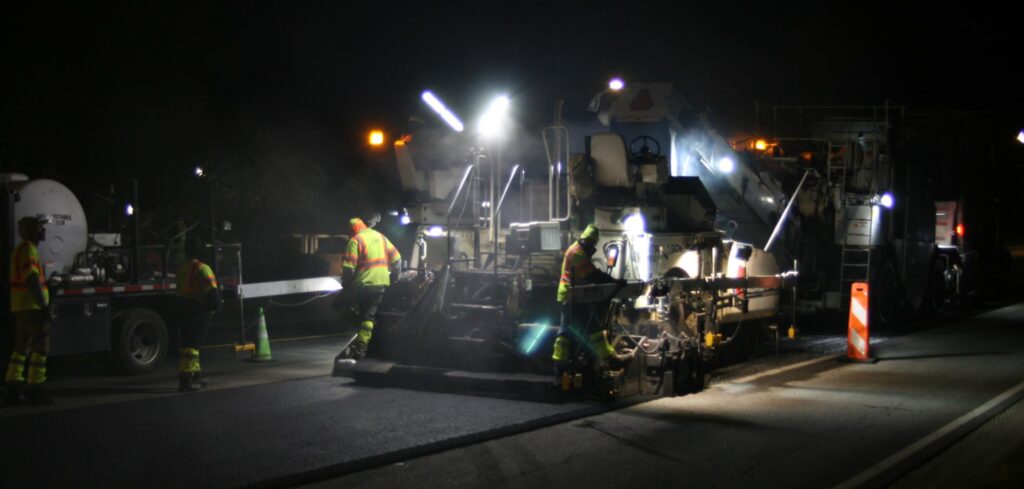End-of-life tires are being used to make paving roads a more sustainable process. Michelin North America subsidiary Lehigh Technologies’ Rubber Modified Asphalt (RMA) is manufactured with recycled tire rubber powder and the material is currently being used to resurface a 6.3-mile stretch of the Lawrenceville Highway in Georgia, USA.
At present, there are two different ways to modify liquid bitumen for resurfacing roads, the first is by using oil-derived synthetic polymer, and the second is with Rubber Modified Asphalt. RMA is described as a high-performance material and is produced using the company’s micronized MicroDyne rubber powder and their proprietary additive Rheopave. To date, the mixture has been used to produce over 1,500 miles of roads.
As well as delivering a good quality road surface, the material is also stated to solve several business challenges. These include the possibility to reuse end-of-life tires that are already available in the country, in addition to the recycled material replacing a polymer derived from the oil-refining process. Furthermore, RMA is locally sourced, meaning the material no longer has to be imported from Asia.
“Michelin and Lehigh are proud to take end-of-life tires and give them new life in other products through innovation,” said Kara Fulcher, director of sustainability and government affairs for Michelin North America. “The Lawrenceville Highway resurfacing project is an excellent example of Lehigh and Michelin’s shared commitment to keep valuable materials in service as long as possible, so we can enjoy life in motion with progressively less ecological impact.”
The sustainable product blend is versatile in its design and can be used to modify liquid bitumen at an asphalt terminal, or alternatively, the material can be directly added at an asphalt company’s site using the dry process – the same process used during the Lawrenceville Highway project.
“Rubber Modified Asphalt produced via the Dry Process with Lehigh’s state-of-the-art technologies provide a paving solution that is equally effective as oil-derived polymer modified asphalt, yet it’s cheaper and more friendly to the environment,” explained Jason Stravinski, president and CEO of Lehigh Technologies. “With oil and gas prices growing higher each day, why buy and import polymer when there are better, more sustainable options here in the US?”
The resurfacing project began in September 2022 and is nearing completion.




